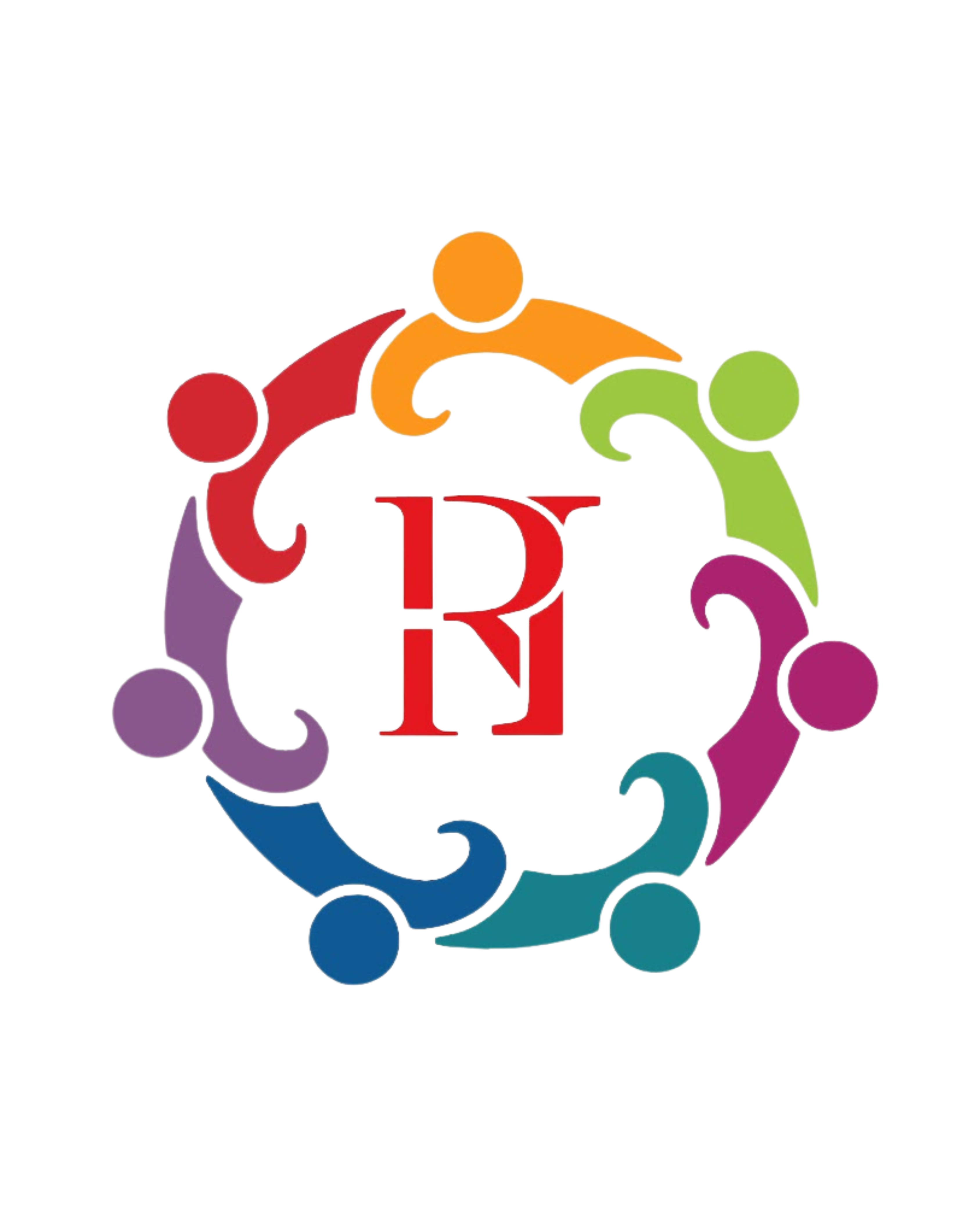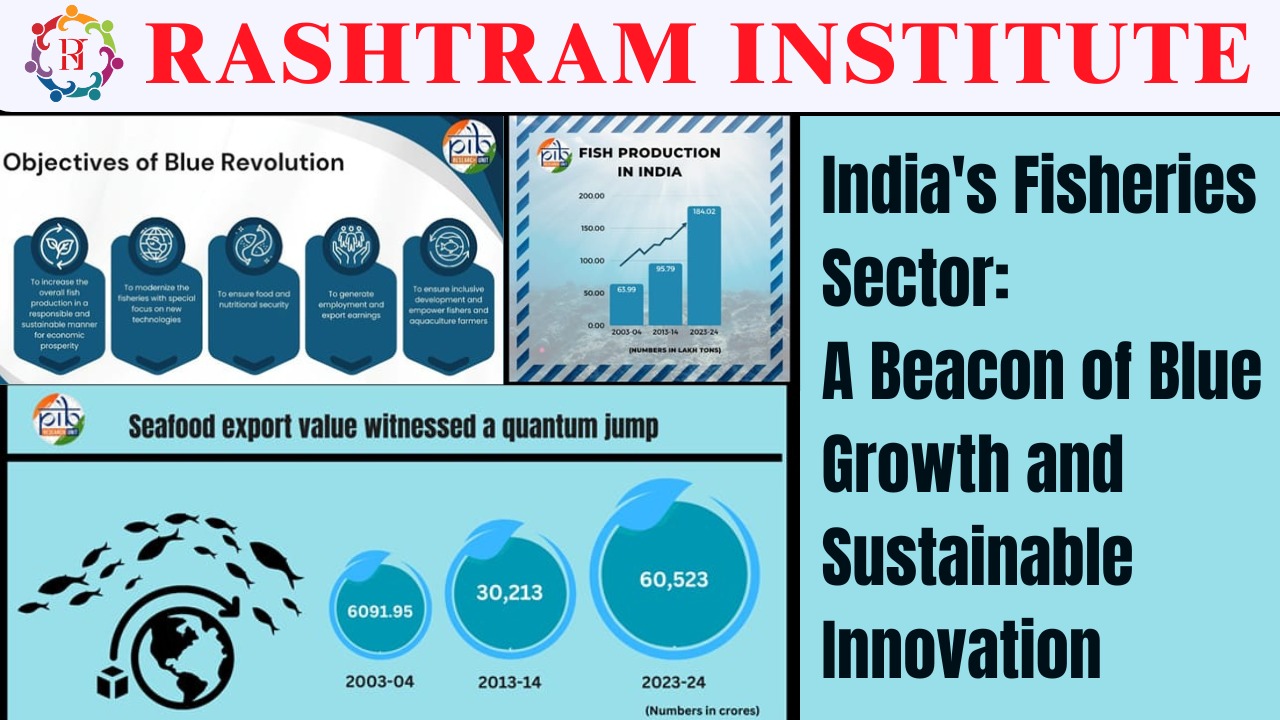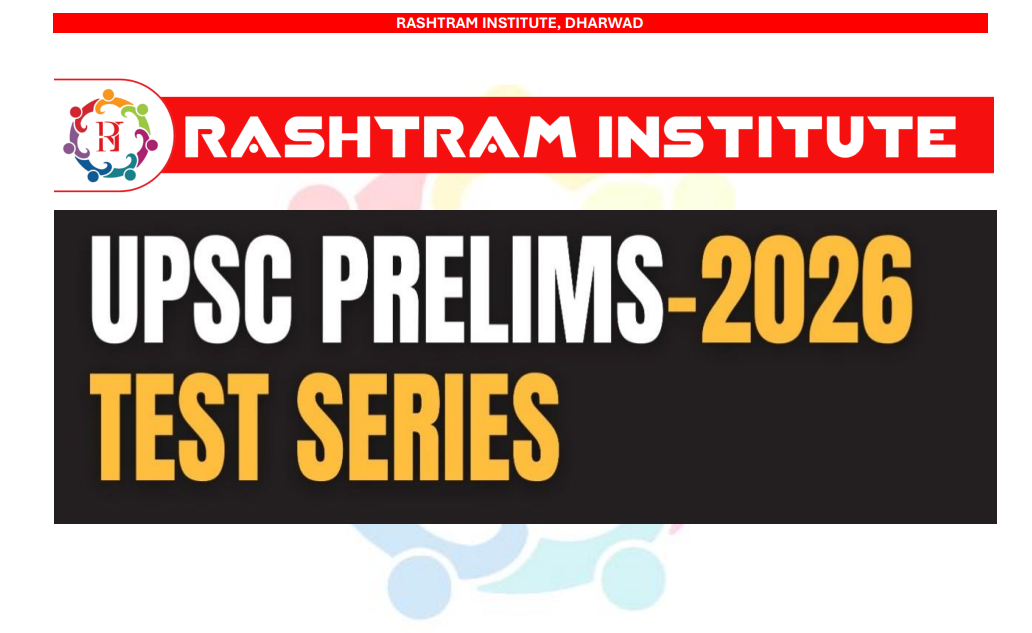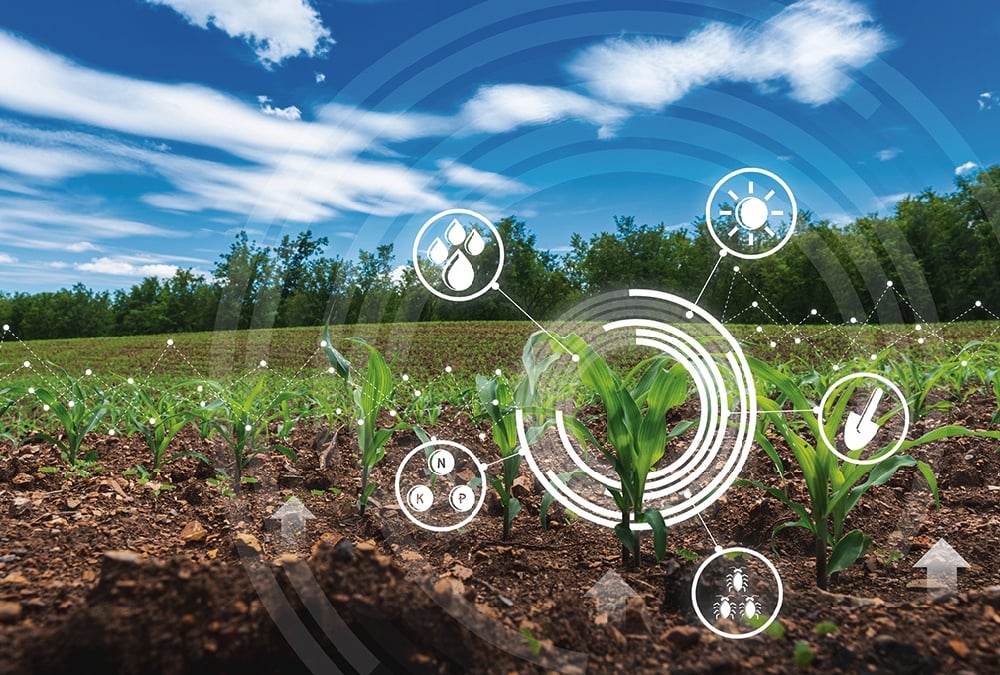India’s fisheries sector has emerged as a cornerstone of the Blue Economy, contributing significantly to food security, employment, export earnings, and socio-economic development, especially in coastal and rural areas. With the second-largest aquaculture production and third-largest fish production globally, India is embracing innovation, sustainability, and modernization to unlock the full potential of its aquatic wealth.
Transformative Growth in Fisheries (2004–2024)
The last two decades have seen an unprecedented transformation in India’s fisheries sector. From traditional fishing methods to cutting-edge tech-enabled systems, the sector has witnessed a strategic shift powered by substantial government investment, innovative policies, and private sector participation.
- Fish production in 2024–25 stood at 195 lakh tonnes, with an impressive 9%+ annual sectoral growth.
- Total investment in fisheries since 2015 has reached Rs. 38,572 crore through flagship schemes like:
- Blue Revolution Scheme
- Pradhan Mantri Matsya Sampada Yojana (PMMSY)
- Fisheries and Aquaculture Infrastructure Development Fund (FIDF)
- PM Matsya Samridhi Sah Yojana (PM-MKSSY)
- Kisan Credit Card (KCC) for Fishers
India’s Vision for a Modern Fisheries Ecosystem
In a recent high-level meeting chaired by Prime Minister Narendra Modi, several forward-looking strategies were highlighted:
- . Smart Harbours and Fish Markets: Infrastructure upgrade for modern, efficient, and hygienic fish handling.
- Use of Drones: For transporting fresh catch from production centres to urban markets.
- Satellite Technology: To provide safety alerts, map Potential Fishing Zones (PFZs), and optimize catch.
- Fish Tech Adoption: Emphasizing tech-driven production, processing, and marketing, akin to AgriTech.
- Ornamental Fisheries: Promoted as a high-potential avenue for rural and urban entrepreneurs.
Sustainable Practices at the Core
Sustainability is central to India’s fisheries policy and actions. The National Policy on Marine Fisheries (NPMF 2017) underscores the conservation and scientific management of marine resources.
Key measures include:
- Uniform 61-Day Fishing Ban during monsoons for stock replenishment.
- . Prohibition of Destructive Gear: Bans on bull trawling, LED light fishing, and pair trawling.
- Artificial Reefs: 937 reefs approved (as of Sep 2024) across 11 states/UTs to enhance biodiversity and fish habitats.
- Seaweed Cultivation: Being developed for fuel, nutrition, pharmaceuticals, and industry.
- Mariculture & Sea Ranching: Promoted to reduce pressure on coastal resources and boost inland production.
Infrastructure Development & Innovation
- Integrated Aquaparks: 11 aquaparks approved under PMMSY with a cost of Rs. 682.6 crore, designed to enhance the aquaculture value chain-from hatchery to market.
- Nucleus Breeding Centres (NBCs): Focus on genetic improvement of species like shrimp for high productivity.
- GIS & Satellite Tools: For real-time data on marine resources and landing centres.
- CIFE as a Knowledge Hub: ICAR’s Central Institute of Fisheries Education has trained over 4,000 professionals, driving sustainable practices across India.
Inclusive Development & Empowerment
The sector supports over 2.8 crore fishers and fish farmers, many of whom belong to marginalized communities. Special focus is now being laid on:
- Capacity Building: Training in modern fishing techniques, safety, and hygiene
- Private Investment & FDI: Encouraged to scale processing, cold chains, and exports.
- Landlocked Regions: Strategic plans being created to meet fish demand inland via improved transport and production systems.
- Amrit Sarovars: Fisheries in these rejuvenated water bodies are improving both ecological health and livelihoods.
India’s fisheries sector is no longer just a traditional livelihood it’s a dynamic, tech-integrated, and future-ready industry. With a focus on sustainability, innovation and inclusivity, the Blue Economy is becoming a vital driver of India’s growth story. As the country dives deeper into modern marine governance and aquaculture development, it is poised to become a global leader in responsible and resilient fisheries.
Rashtram Institute
Rashtram Institute for Civil Services is destined to provide you the best curated content for civil services examination on both mains and prelims perspective. Follow us for more such content….
To register, call: 9964152111
Seats are filling fast — register today and step into the exam hall with full confidence!
Address: Jaynagar last, Bus Stop, Saptapur, Dharwad, Karnataka 580001





